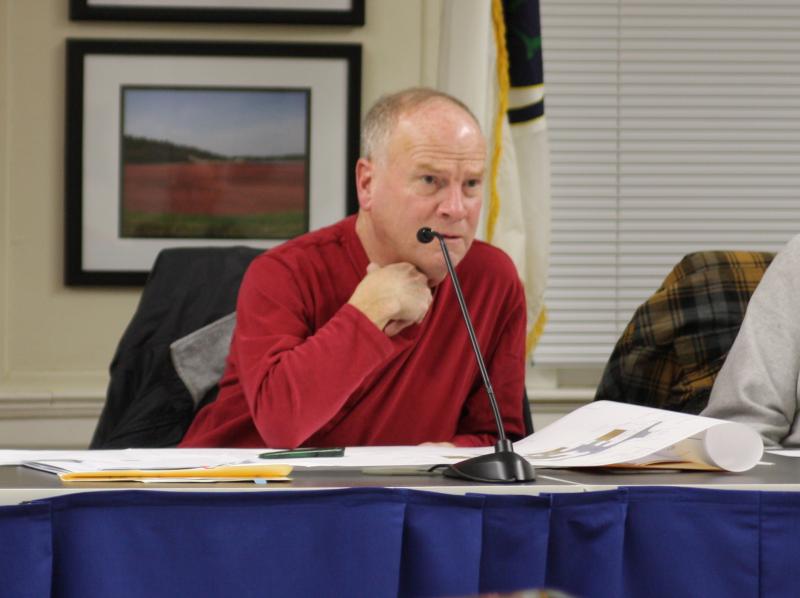Wareham Planning Board debates pot shop rules amid federal uncertainty
Recreational marijuana sales are set to begin in Massachusetts this year, and the Wareham Planning Board wants a new bylaw regulating pot shops enacted. However, recent policy changes from the Trump administration are leaving the future of marijuana sales across the country hazy.
On Jan. 8, board members discussed adopting guidelines for stores looking to set up in town once sales are legal in Massachusetts. At the state level, the Cannabis Control Commission is currently drafting a framework for the oversight of retail marijuana shops. Those shops are due to open in July. It is currently legal to possess and grow marijuana for personal use.
In Wareham, voters approved a moratorium on recreational marijuana store at April Town Meeting. The moratorium was recommended by the Planning Board.
Under the draft bylaw, the number of recreational marijuana shops would be limited to two, tied to the number of liquor stores in town. The state recommends limiting pot shops to less than 20 percent of the number of package stores. In Wareham, there are 13 package stores.
The bylaw discussed Jan. 8 would mostly adopt state marijuana guidelines, including rules that limit stores from opening within 500 feet of school. Marijuana stores would be limited to the general commercial, strip commercial and institutional districts. The general commercial district stretches on both sides of Route 28 from the I-195 on-ramp to the area of Robertson’s Auto Salvage. The strip commercial district is located a little ways past Robertson’s Auto Salvage on Route 25 and extends to the Bourne town line. The institutional district is located near Tobey Hospital. Director of Planning and Community Development Kenneth Buckland said he would review the state rules and report back to the board if the town needed to add anything. To take effect, the bylaw requires Town Meeting approval.
Selectman Alan Slavin, the town’s liaison to the Planning Board, said recent news from the federal government added a layer of uncertainty to the proceedings.
Currently, federal law prohibits the sale of cannabis. Under President Barack Obama, federal policy was to not enforce the law in states where cannabis was legalized. Earlier this month, President Donald Trump rescinded that policy, leaving enforcement at the discretion of federal prosecutors.The U.S. attorney in charge of enforcing federal law for Massachusetts has not ruled out prosecuting local growers following the president’s policy change. That sets the stage for a potential conflict between growers in states where marijuana is legal and the federal government.
“This will be in the Supreme Court as it’s a states versus federal government issue,” said Slavin. “It’s all about money.”












